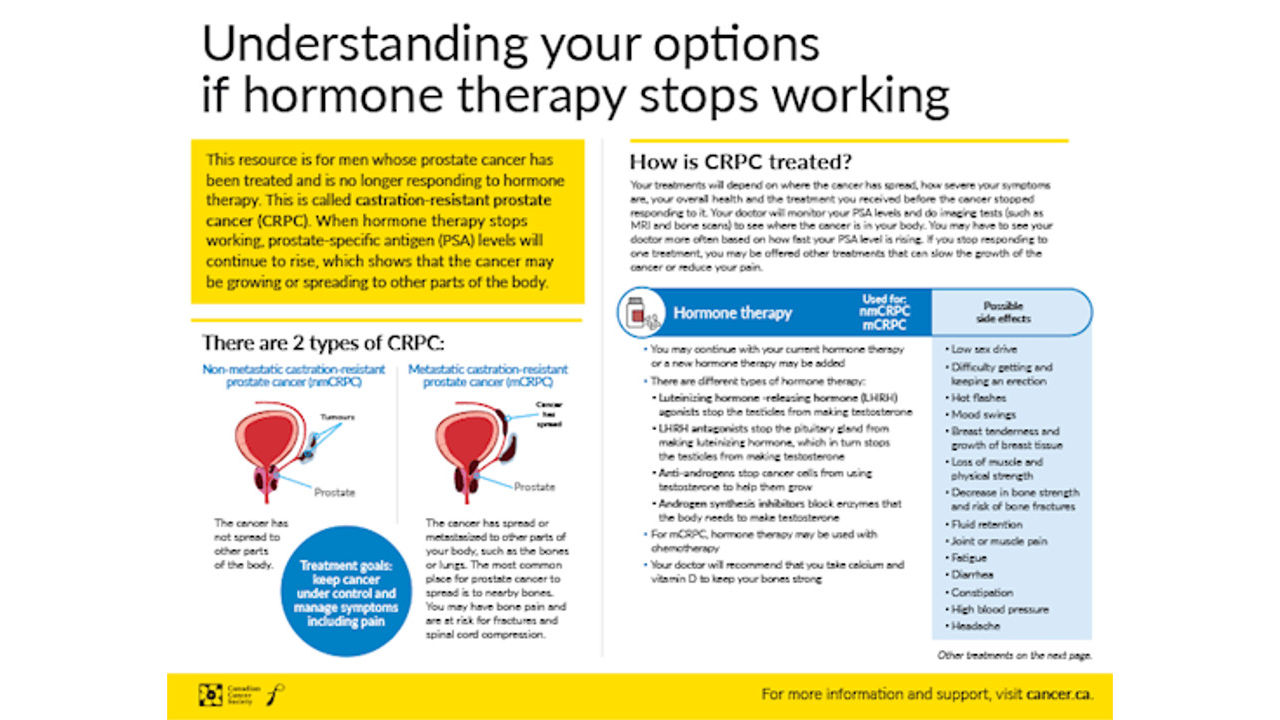Navigating the challenges of hot flashes, particularly following hormone treatments for prostate cancer, can be physically taxing and emotionally overwhelming. This detailed guide not only sheds light on the duration, causes, and remedies but also underscores the importance of prostate nutrition in empowering those impacted with essential insights and effective coping techniques.
What Are Hot Flashes?
Hot flashes, often described as intense sensations of warmth leading to sweating, can disrupt daily routines and sleep patterns. While commonly associated with female menopause, they are also prevalent among men undergoing prostate cancer treatments, specifically those entailing androgen deprivation therapy (ADT).
Recognizing the Symptoms
Hot flashes are short bursts of heat often affecting the face, chest, or upper body and might last for about four to five minutes. Accompanying these episodes might be feelings of irritability or anxiety. Their nocturnal counterpart, night sweats, is similar but tends to last longer and can significantly disrupt sleep patterns.
Underlying Causes of Hot Flashes in Prostate Cancer Patients
Prostate cancer patients often turn to hormone therapy, which sometimes leads to hot flashes. The severity and frequency of these episodes can be influenced by factors like age, race, and genetic predispositions. Treatments that lower testosterone levels, such as goserelin or bicalutamide, might instigate these symptoms.
Impact of Genetics and External Factors
Research suggests certain genes may predispose men to more severe or frequent hot flashes. Moreover, external factors like lifestyle and overall health can play a role in their onset and severity.
Treatment Options for Hot Flashes
Despite the discomfort, there’s hope. A variety of treatments ranging from medications to lifestyle changes can alleviate or even eliminate hot flashes. Androgen Deprivation Therapies, which counteract testosterone’s stimulation of prostate cells, have been particularly effective.
Holistic Approaches to Manage Hot Flashes
Acupuncture and dietary changes have shown promise in alleviating hot flashes. Regular exercise, adequate sleep, and support groups can also offer relief and coping mechanisms.
Preventing and Minimizing Hot Flash Episodes
While it might be challenging to entirely prevent hot flashes, understanding their triggers and taking proactive measures can minimize their frequency and intensity. Informing your healthcare provider is crucial to devise a personalized action plan.
The Role of Diet and Lifestyle
A balanced diet, rich in phytoestrogens and devoid of spicy foods or caffeine, can be beneficial. Staying cool, practicing deep breathing techniques, and avoiding tight clothing can also help in reducing episodes.
Conclusion
Understanding hot flashes, especially after hormone treatment for prostate cancer, is essential. While these episodes can be distressing, numerous treatments and preventive strategies can help manage and reduce them, ensuring a better quality of life.
Frequently Asked Questions
- How often can one expect hot flashes after hormone treatment for prostate cancer? Hot flashes can occur several times daily or as infrequently as once every few months, varying with each individual and the specific treatment they underwent.
- Are there natural remedies to combat hot flashes? Yes, natural remedies like black cohosh, evening primrose oil, and flaxseed might provide relief. However, it’s essential to consult with a healthcare provider before starting any new treatment.
- Do hot flashes indicate a recurrence of prostate cancer? Not necessarily. Hot flashes are more linked to hormone levels and treatments rather than the recurrence of the cancer itself. Regular check-ups with your doctor are essential for monitoring health.
- Can lifestyle changes alleviate the severity of hot flashes? Absolutely. Staying cool, wearing breathable fabrics, practicing relaxation techniques, and making specific dietary changes can help in managing hot flash episodes.
- How long does it typically take for hot flashes to subside after concluding hormone treatment? This varies for each individual. Some may experience relief within a few weeks, while others might continue to have hot flashes for several months or even years. Regular consultations with a healthcare provider can provide tailored guidance.


